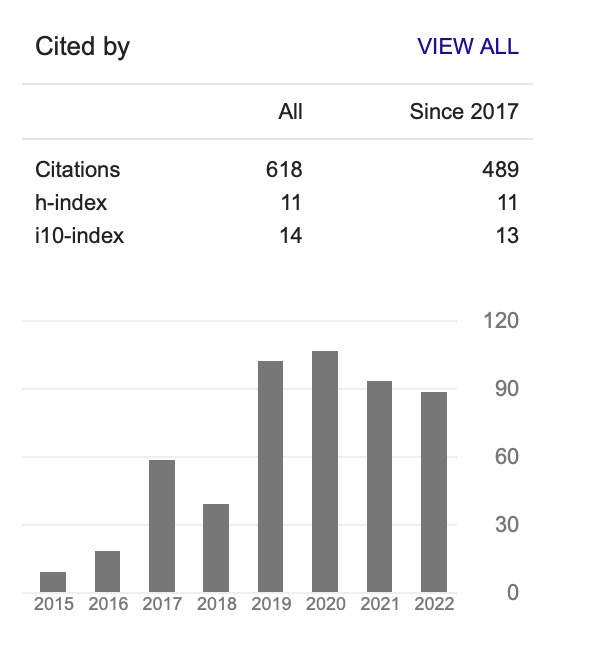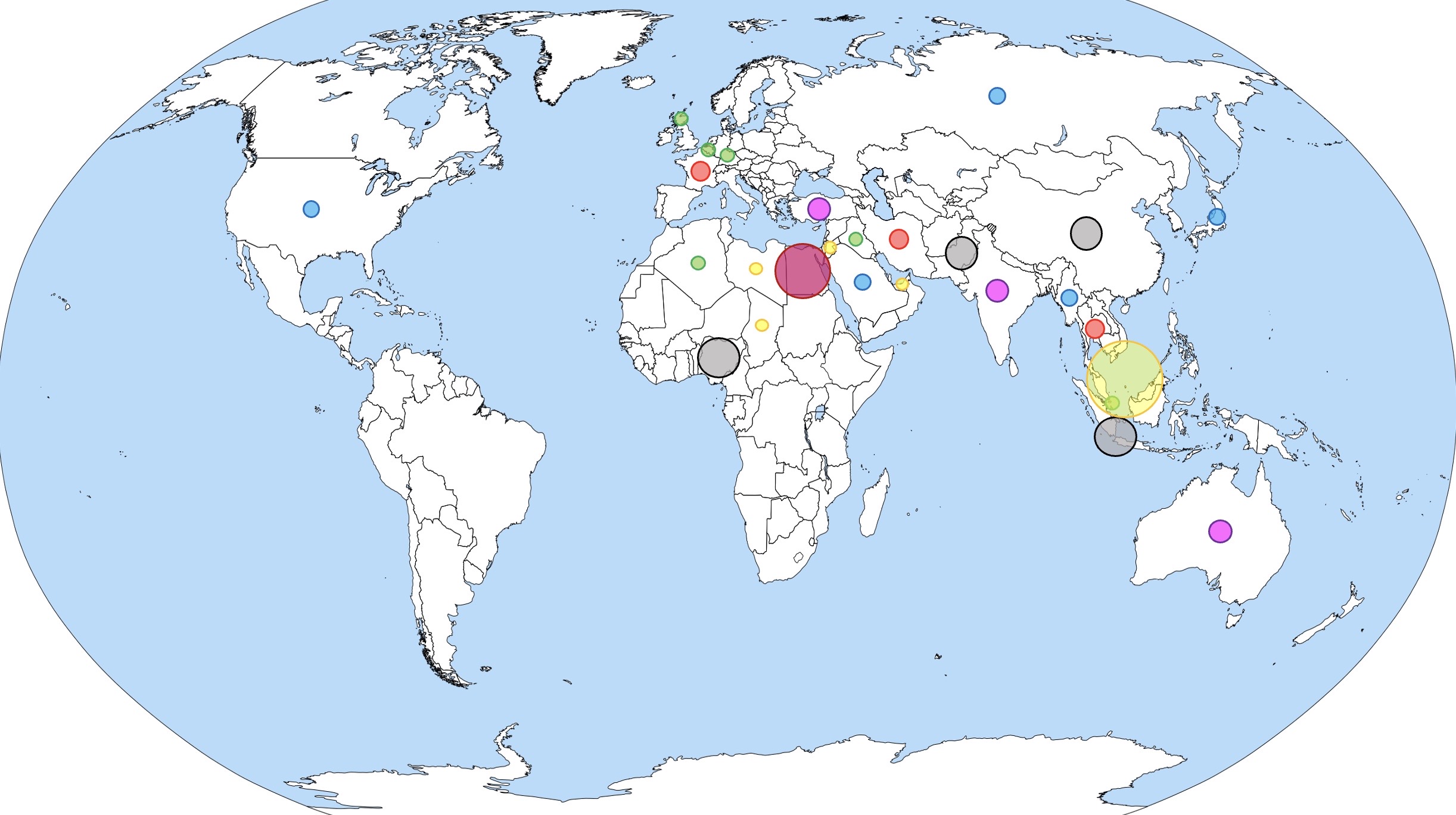Design and Implementation of Compressive Sensing on Pulsed Radar
Keywords:
compressive sensing, CAMP, compressive sensing radar signal processingAbstract
This paper presents the application of Compressive Sensing (CS) theory in radar signal processing. CS uses the sparsity property to reduce the number of measurements needed for digital acquisition, which causes reduction in the size, weight, power consumption, and the cost of the CS radar receiver. Complex Approximate Message Passing (CAMP) algorithm is a fast iterative thresholding algorithm which is used to reconstruct the under-sampled sparse signal and improves its Signal-to-Noise Ratio (SNR) [10]. In present work, the hardware implementation of Compressive Sensing Radar Signal Processing (CS RSP) by using the Complex Approximate Message Passing (CAMP) Algorithm is performed using FPGA processor. On the other hand, complexity and time of processing of the CAMP algorithm will be studied well for the real time implementation.







